What is IoT?
IoT is short for Internet of Things
IoT is a network system created to connect countless physical objects (e.g., equipment, machines, devices, vehicles, and sensors) to the internet. This allows the objects to exchange information with each other and with people. The benefits of connecting physical objects to the internet are many and include making smarter decisions, saving costs, increasing efficiency, productivity and quality, and achieving sustainability goals. Due to its flexible nature, there are many businesses and industries that benefit from IoT solutions.
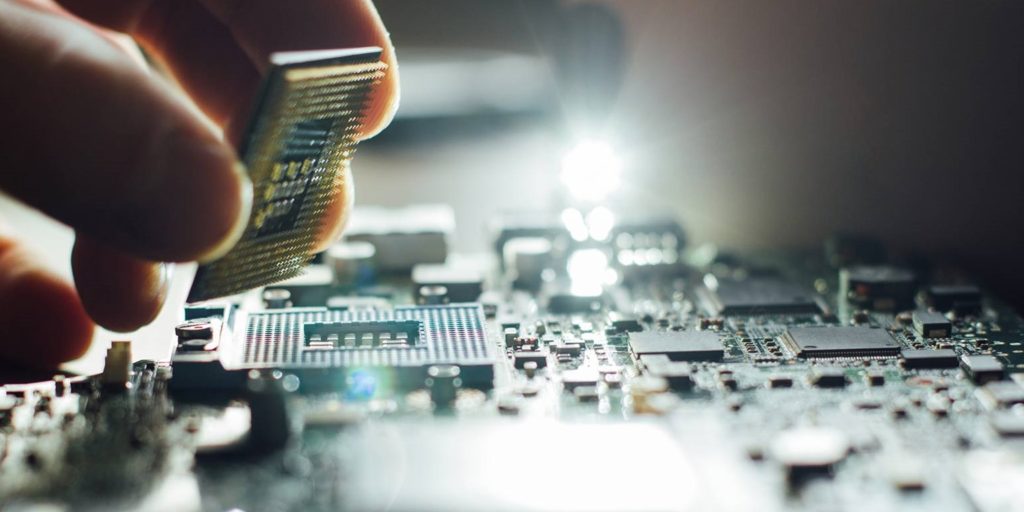
The possibilities with IoT are countless
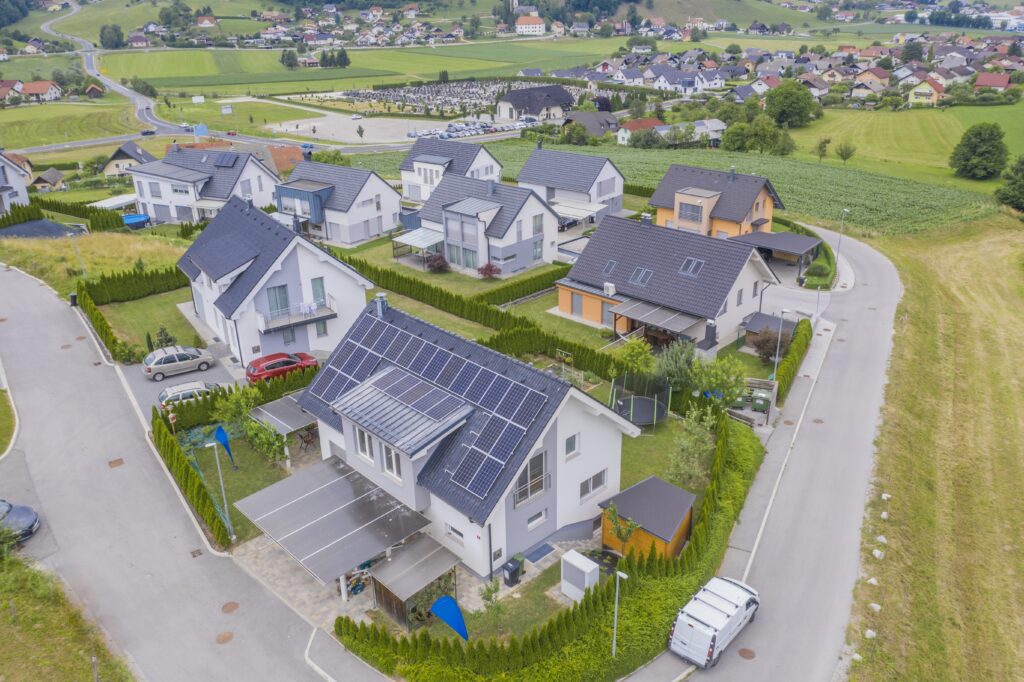
IoT and Sustainable Construction
Constructing Zero-Energy Houses is becoming a priority. Governments around the world are subsidizing constructions with self-generated energy schemes, thus increasing investor’s interest in Green and Smart Housing Development.
With the right IoT system construction companies can prove that their residency complexes meet necessary requirements, thus ensuring that they get the Energy-Neutral Label.
How? IoT systems allow stakeholders to monitor key parameters and the performance of assets (boilers, heating, ventilation, solar panels, etc.) in real time. This makes it easy to improve efficiency, save money, and optimize operations by creating usage-patterns without compromising comfort.
IoT and Industry 4.0
The convergence of technological, economic, and cultural trends is pushing the 4th industrial revolution, thus changing the way businesses operate and compete amongst themselves.
By implementing IoT systems, industries across different sectors can monitor and control daily operations, including how machinery and appliances are working and being used. Insights provided by IoT systems ensure that needed interventions are done less costly, more secure, and faster. This leads to less downtime, decreasing costs, increased quality, and improved productivity.
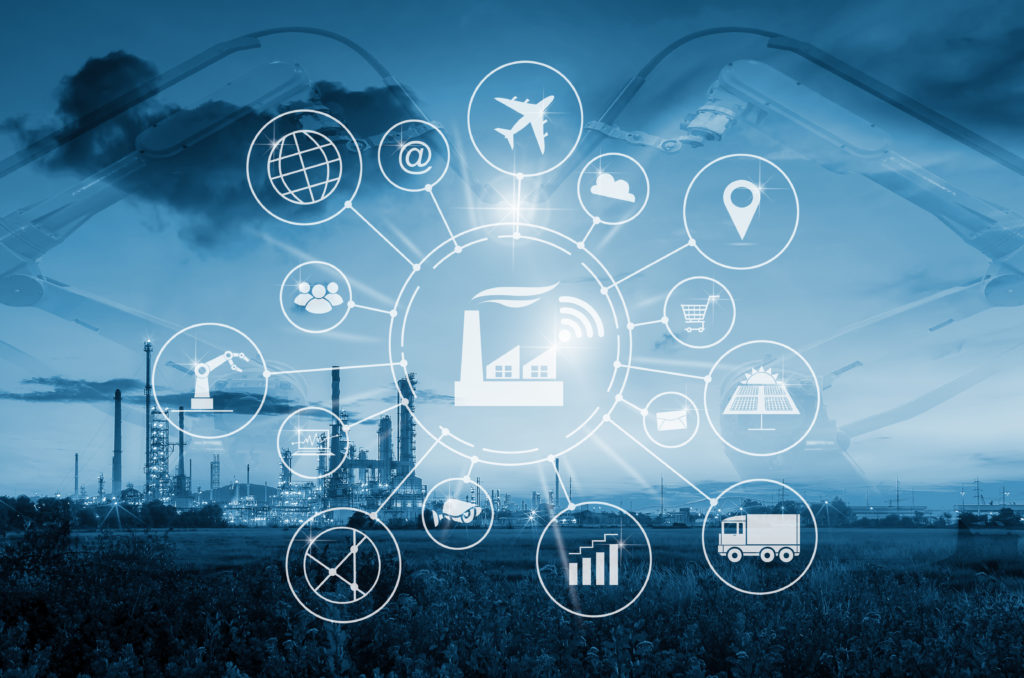
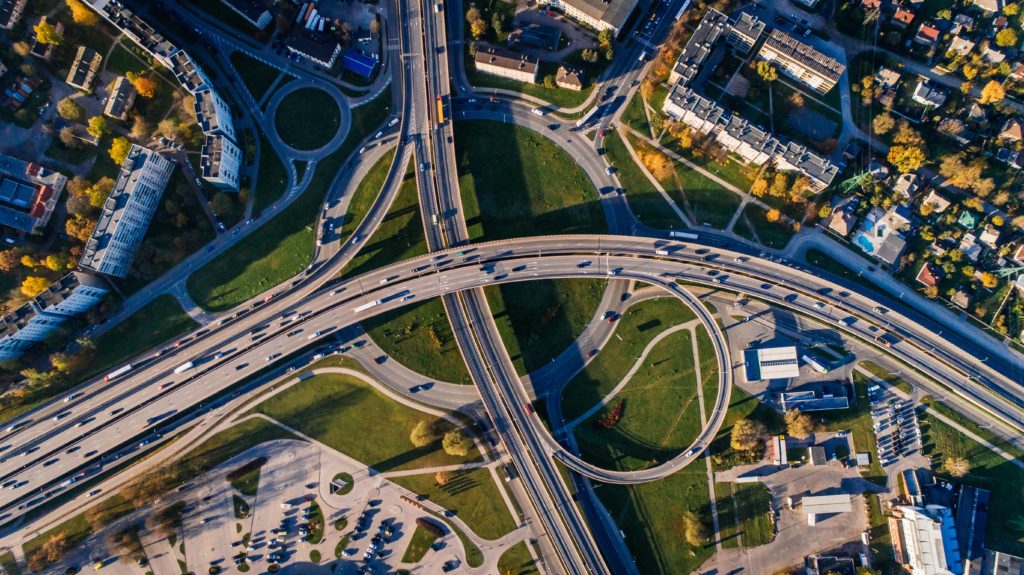
IoT and Fleet Management
Fleet managers handle the challenging tasks of always keeping maximum fleet efficiency. This includes (among others) optimal use, performance, and maintenance, as well as operational and route efficiency.
Due to the level of precision, accuracy, and dedication that such a job demands, IoT systems play a key role in effective fleet management. IoT-enabled fleet management allows managers to continuously gather real-time and actionable data to improve operational efficiency, performance, and quality, while reducing overall costs.
IoT and Agriculture
Achieving sustainable and resilient food production systems is key to our future. The current situation is leading farmers and several other stakeholders in food production to investigate and apply green and digital technologies to be able to practice precision agriculture and farming.
IoT systems help address current priorities such as efficient resource management, soil nutrition, nitrogen concentrations, plant and animal health, among others.
Through sensors, IoT systems collect real-time data about key parameters that allow farmers to make informed decisions, supply the precise conditions to reach optimal production, and thus accelerate value.
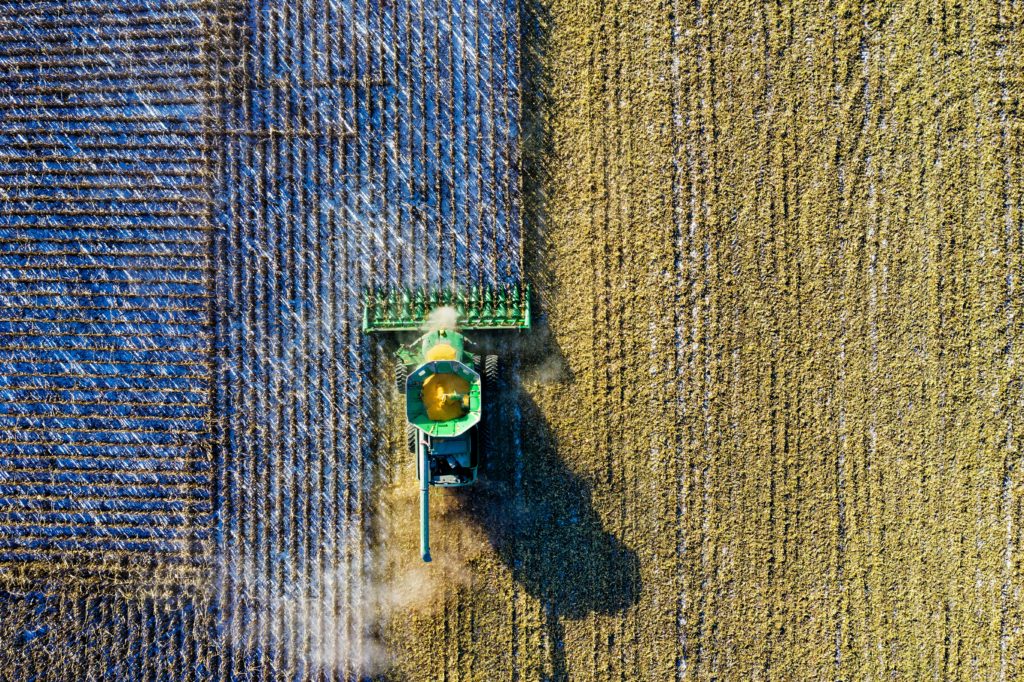
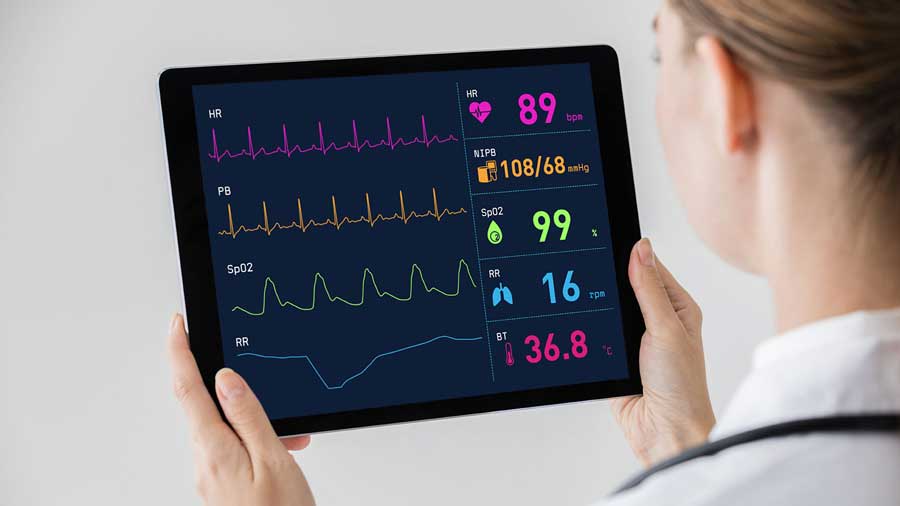
IoT and Healthcare
Ensuring healthy lives and promoting everyone’s well-being is a worldwide goal. As such, the world keeps looking for new ways to address persistent health and recovery issues.
IoT in healthcare has many applications including in the hospital itself monitoring daily processes and machines, but also in remote patient monitoring (through wearables or microchips). IoT allows, for example, to monitor patients 24/7 while at home after undergoing a surgical operation, which can lead to less strain on resources, lower costs, better patient experience, and improved treatment outcomes.
In addition, IoT can be used to monitor the health of professionals who work in demanding sectors —including marines, firefighters, and industrial workers— without compromising high-performance levels. It can, for example, be used to monitor performance, predict results, and minimize risks by monitoring biometric data.